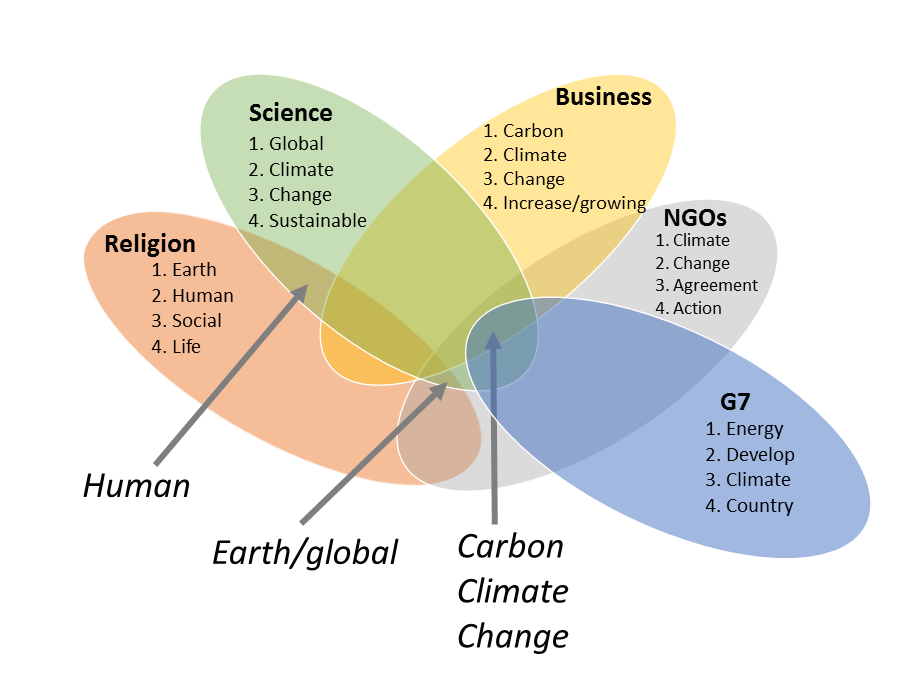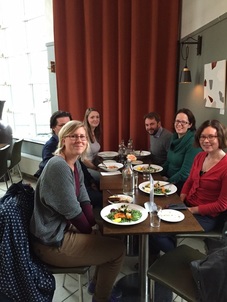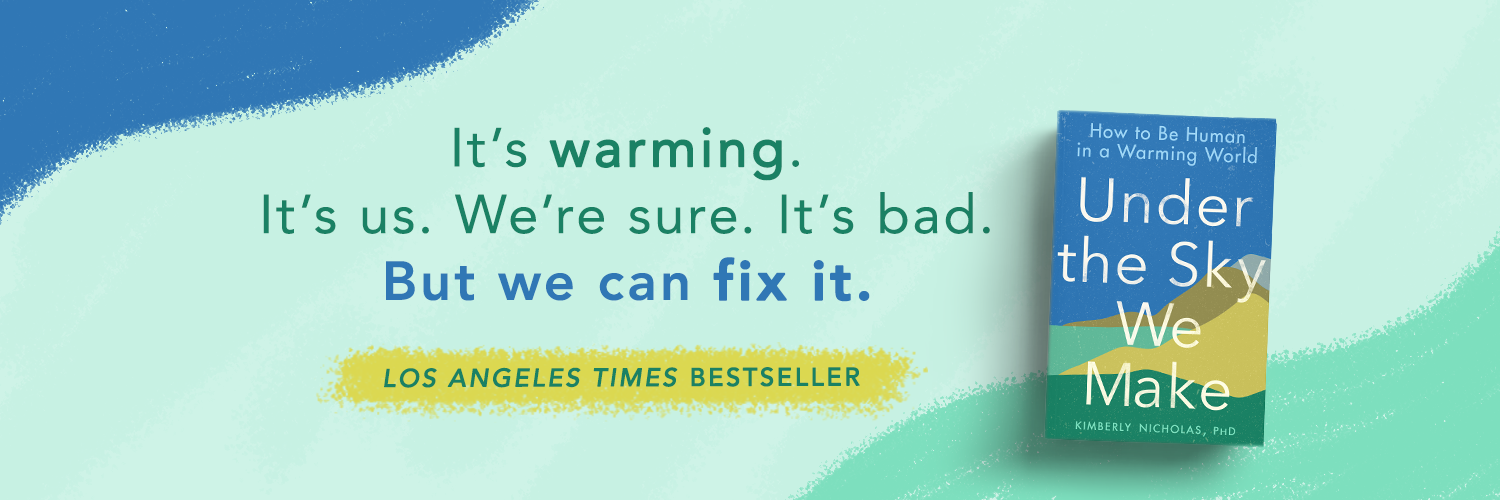|
I'm excited and honored to be attending the climate summit in Paris as an accredited observer from Lund University. This is where nearly 200 countries will come together and aim to reach an agreement about how to change the path we're now on (a business-as-usual world headed for +4-5°C) to a more sustainable world that avoids the worst impacts of climate change.
This will be my first time attending the United Nations climate negotiations, and I am looking forward to learning more about the process and how to make my research more relevant to policy, as well as to serve as an advisor to the Youth in Landscapes initiative at the Global Landscapes Forum, and take part in the Anthronaut Experience- a virtual reality hackathon with scientists, artists, designers, and virtual reality experts to make climate science narratives a 3D experience. As I'm busy packing my bags, I'm gathering reading material for the 16-hour train ride to Paris. Here's what I'll be reading up on: General background:
Current perspectives:
Preparing for attending the meeting:
Keeping up with the negotiations in real time:
By Marius Sandvoll Weschke and Kimberly Nicholas The climate summit that will begin in Paris next week will attract delegates from more than 190 countries, all with the goal of signing an agreement to avoid the worst impacts of climate change. The whole world will have their eyes on Paris when the 21st Conference of the Parties (COP) is underway, and the pressure on the politicians and decision makers going to Paris is high, not only from their own governments and voters, but from many other parts of society. In particular, in recent months there has been a groundswell of statements on climate change from across sectors in society, from religious leaders, businesses, and scientific groups, to non-governmental organizations and national leaders. These statements outline the most important issues that their authors feel the Paris meeting should address. Among the statements gaining the most attention the last year an encyclical from Pope Francis, urging the world’s 1.2 billion Catholics to join the fight against climate change. A statement like this resonates far beyond the religious community, and it was portrayed in the media as a signal to politicians to pick up the pace on climate action. While the high-level United Nations process can make climate policy seem like a distant issue, these statements show that a vast number of people and interest groups are keenly invested in the process. We were interested in the key messages these diverse groups agree on. To analyze this, we analyzed 11 statements on climate change from religious groups, science, businesses, NGOs and the G7. The goal was to find out if the different groups speak the same language. That is, we wanted to see if the most commonly used words in the different statements overlap, which would indicate similar perspectives on the issue of climate change. We used an online word cloud generator to identify the 25 most commonly used words in each statement, and looked for words that were shared between statements (Figure 1).  Figure 1: Quantitative word analysis of 11 climate change statements originating from statements in five categories: four religious statements, three scientific, two business, one NGO consortium, and the G7 leaders. The four most commonly used words within each category are shown in each bubble, while the words that are overlapping between categories are marked with arrows. See footnote (1) for list of statements analyzed. Our analysis showed the words ‘carbon’, ‘climate’, and ‘change’ are all among the most used words for science, business, NGOs and G7, but not the religious statements, indicating a technical and problem-oriented approach among these groups. The word ‘Earth’/’global’ shared similar ground between religion, science and NGOs, indicating a political or philosophical outlook shared by these groups. Surprisingly, religion and science shared the word ‘human’ among their most used words, indicating a shared worldview seeing people as both the cause and the solution to the problem of climate change. In the beginning of the study we hypothesized that there would be words that would be found among all categories, but as the figure shows, there was no word that all five sectors used most commonly. However, the existence of these statements still sends a strong message that the international community - from religious groups to businesses and from scientists to NGOs - wants their leaders and policymakers to focus on stronger action, leading to solutions to tackle human-induced carbon emissions driving climate change in Paris. At the same time, the religious perspectives highlight the social values these choices represent, and how fundamental they are to our way of life. Statements Analyzed: Religious statements: Pope Francis’ Encyclical (http://tinyurl.com/ptcm9bz), A Buddhist Declaration on Climate Change (http://tinyurl.com/p9ge6xj), Islamic Climate Declaration (http://tinyurl.com/nqg98o7), A Rabbinic Letter on the Climate Crisis (http://tinyurl.com/qcyzmqg). Scientific statements: Earth Statement (http://tinyurl.com/nqw7d9b), Our Common Future under Climate Change (http://tinyurl.com/q5oy4x5), Planet under Pressure (http://tinyurl.com/7mvc9vq) Business statements: Institutional Investment Group on Climate Change (http://tinyurl.com/oaf6ooz), The World Bank: Putting a Price on Carbon (http://tinyurl.com/nrkagpx). NGO statement: Paris 2015: getting a global agreement on climate change (http://tinyurl.com/mhbqt2r). National leaders: Leaders’ Declaration G7 Summit 2015 (http://tinyurl.com/nmuagfd) This post summarizes research by Marius Sandvoll Weschke and Kimberly Nicholas presented at the Transformations conference held in Stockholm, October 2015.
Read an interview with Marius about this work in the Finnish newspaper Kyrkpressen here. Here are some tips I compiled with my friend and colleague Josh Goldstein when we were both finishing our PhDs and tackling the job market. Good luck, job seekers!
|
Categories
All
Archives
November 2023
|
KIM NICHOLAS



 RSS Feed
RSS Feed

